
Your property feels like it should be your kingdom, right? Turns out there are limits. Certain things you park or forget about can earn you a fine. The reasons are practical—safety, pests, and fire hazards. Do you want to know the banned list? Let’s get straight into what’s forbidden.
Abandoned Cars
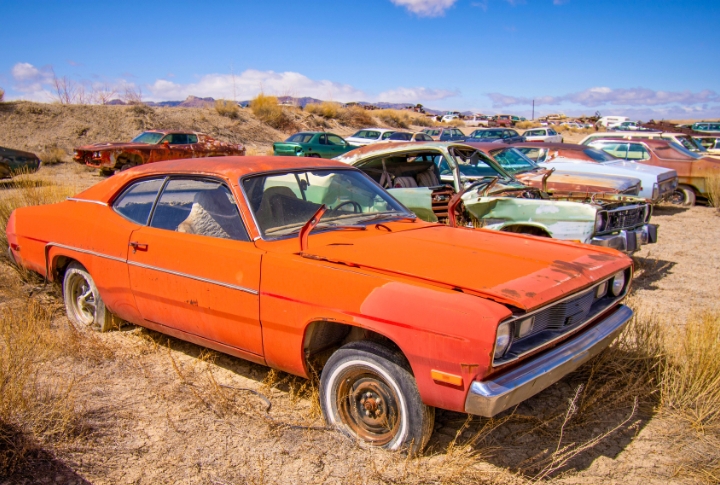
A rusted car without plates left outside is not just unsightly, it is also illegal. Towns label it a nuisance, and fines build up quickly. Fluids leak into soil and attract pests, while tow trucks eventually arrive. Laws require storage in garages or licensed yards.
Scrap Tire Piles
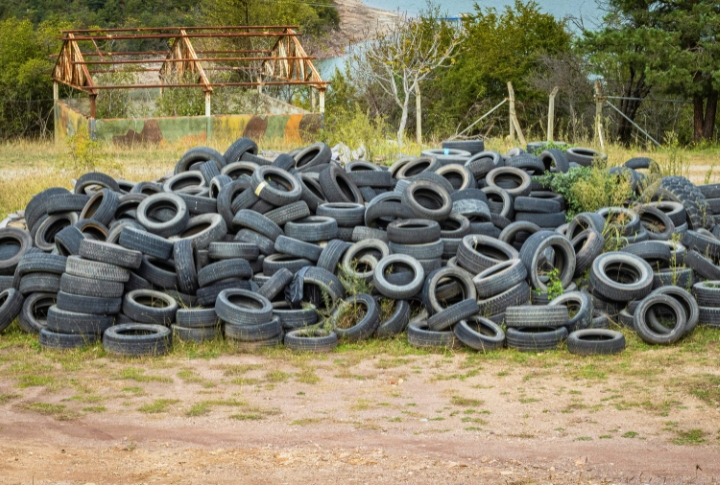
Rain turns discarded tires into pools that breed swarms of mosquitoes. They’re also fuel for smoky fires that last for days. Because of these risks, tire stacks are banned in neighborhoods. The fix is easy: take them to a shop or recycling center that manages safe disposal.
Broken Appliances
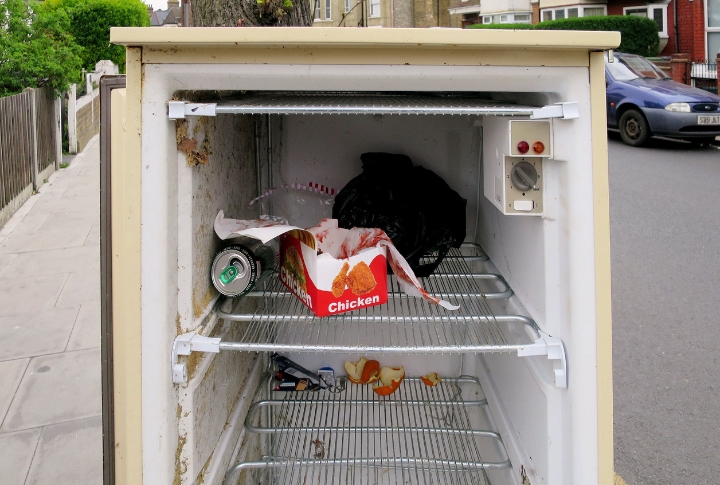
That fridge collecting rust in the yard hides a serious hazard. Its heavy doors can trap kids, and leaks poison the ground underneath. Cities don’t take chances with that. They offer scheduled pickups or ask residents to drop items at local recycling depots for proper disposal.
Construction Debris
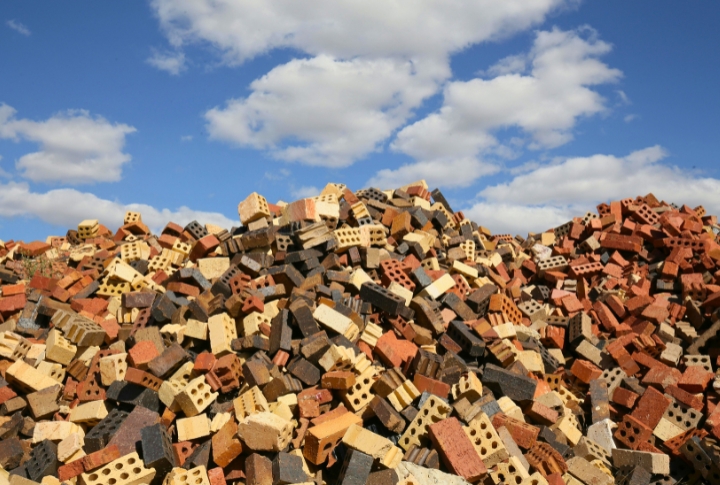
Bricks and drywall left behind after projects may seem harmless at first, but city codes classify them as illegal dumping. Especially because when storms come, dust and debris wash into drains and cause problems. Therefore, cities issue short-term permits for dumpsters rather than allowing endless piles on private property.
Scrap Metal Piles
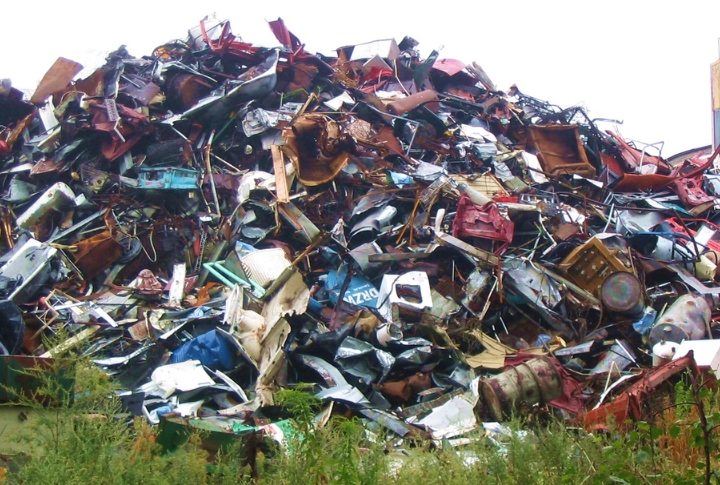
Scrap heaps turn into nests for rats and snakes, and rusty shards can slice skin wide open. Without special permits, private salvage yards also break zoning rules fast. Residents are expected to haul metal off to certified recycling centers where it can be handled safely.
Hazardous Household Chemicals
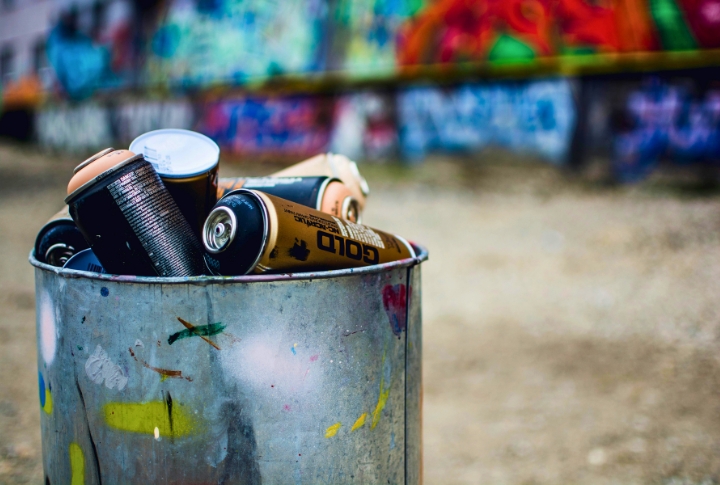
Paint cans and solvents might look like harmless leftovers. However, storing them outside is unsafe and against the rules. These items spark fire hazards and seep into groundwater. And because laws treat them as hazardous waste, towns organize regular collection days so residents can safely hand them over.
Propane Tanks
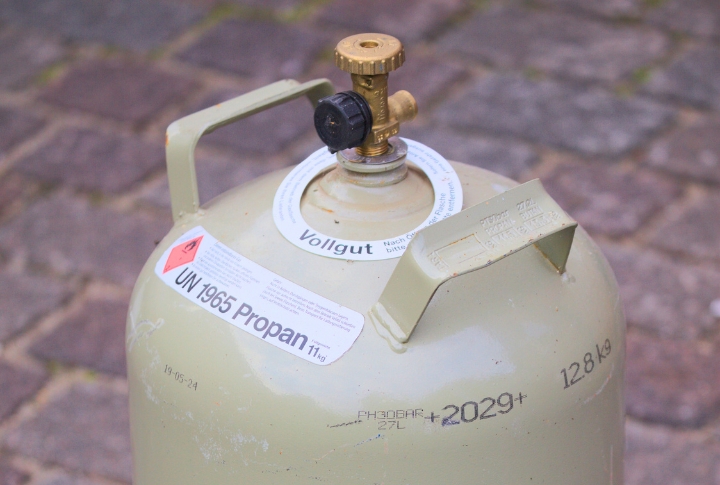
A tank that has expired or is too large for residential use cannot sit in the backyard. Fire codes limit storage because leaking propane can explode. Many places also ban burying or dumping them. The safe option is using certified centers for exchanges or recycling.
Boats And Trailers Without Permits

Leaving a boat or trailer parked outside might feel convenient, yet many cities forbid it without permits. Large vehicles also block views and drag down neighborhood appeal. Codes usually demand storage in garages, fenced areas, or licensed lots. Ignoring these rules brings fines or towing.
Untreated Lumber Stacks
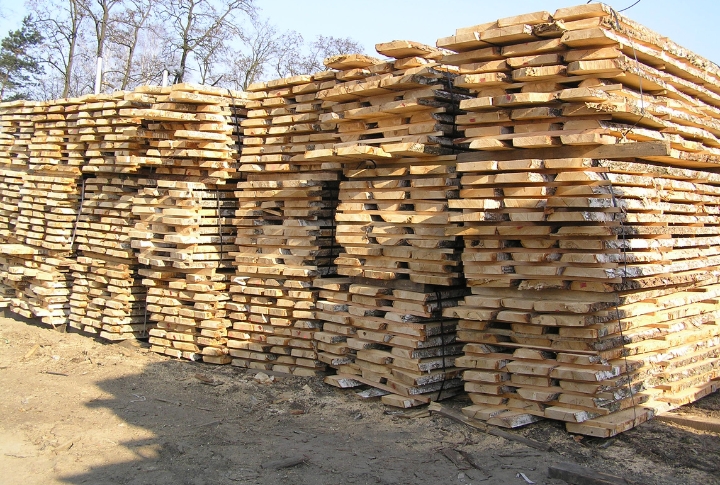
A pile of untreated lumber left in the yard soon becomes more than clutter, as termites and rodents quickly find shelter, and damp boards turn moldy. Because fire codes limit outside storage, inspectors usually require sealing, which raises stacks or keeps them neatly covered for safety.
Animal Remains And Waste
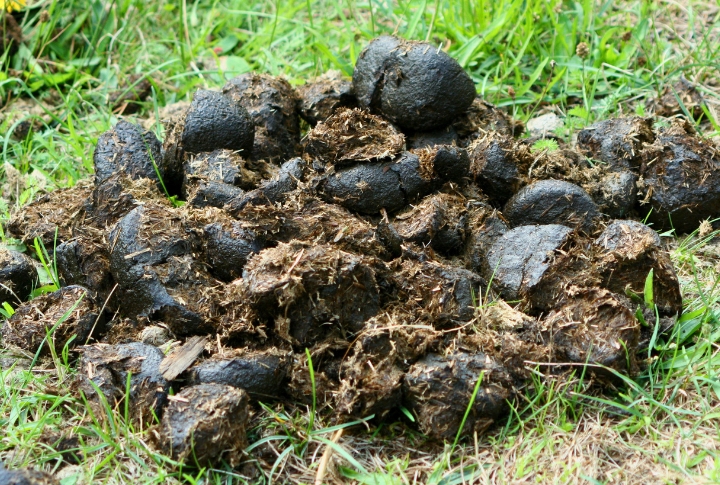
Animal remains cannot be left to decompose in open yards. Health codes require approved disposal methods like burial or incineration. Otherwise, groundwater contamination and scavengers become real problems. That’s why leaving carcasses or large waste outdoors is against the law in most places.

